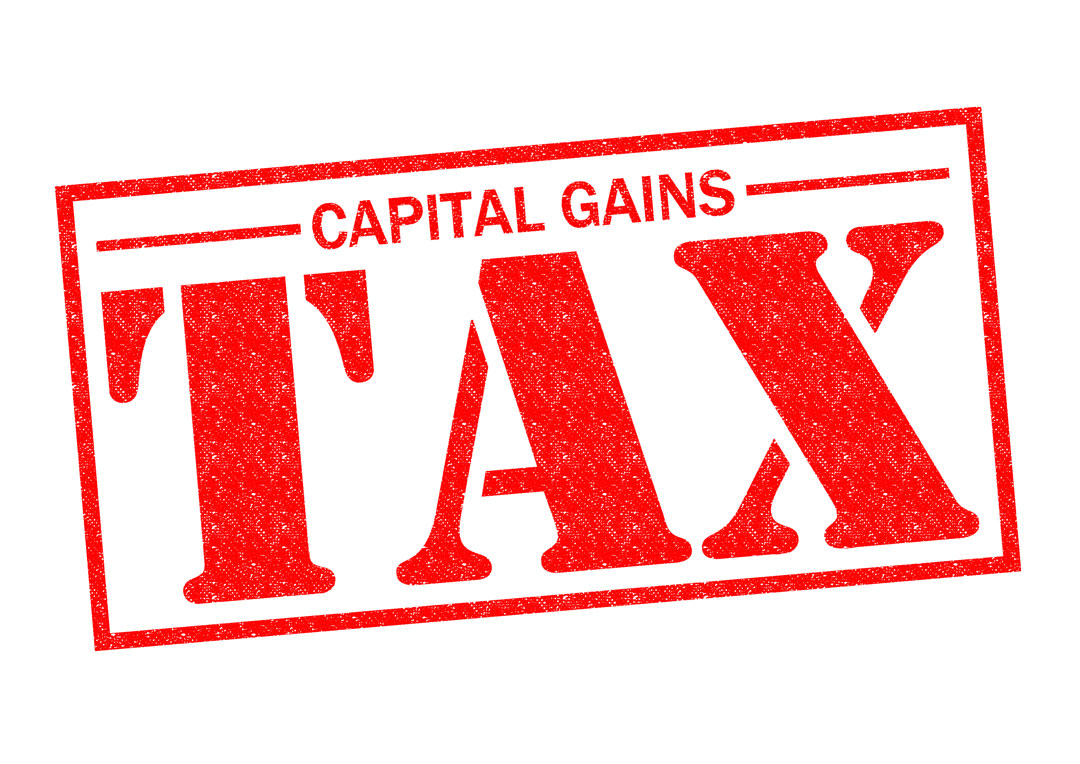Nasty Shocks for Expats could be in Store
If you’re a non-UK resident, and you own property it is important that you familiarise yourself with new capital gains tax legislation which comes into play from 6th April 2015. The purpose of this post is to explain the tax implications to you. This will put you give the information you need to make informed decisions.
Who is affected by non-UK Resident Capital Gains Tax (CGT) changes?
The new legislation applies if you are a non-UK resident:
- Individual
- Trustee
- Representative of a deceased non-UK resident
- A non-UK resident company which has five employees or less
- Some UK resident individuals disposing of UK property when abroad.
- A partner in a partnership for any of the above
How is CGT changing for non-UK Residence?
Currently, as a non-UK resident you probably pay no CGT to HMRC should you sell UK properties you own. Although you may pay an equivalent CGT in your country of residence. The only exception that may apply is if your property you have an interest in, is subject to Annual Tax on Enveloped Dwellings (ATED).
As well being affected by CGT you may also be affected by ATED (Annual Tax on Enveloped Dwellings). For more information please read my article: How Annual Tax on Enveloped Dwellings is Changing. It explains how you will be affected by the new tax bands in April of this year, and the next. Like CGT, it would be very wise of you to familiarise yourself with all aspects of the new taxes.
From the 6th April 2015 non-UK residents will be taxed between 18 and 28% of the profit from property sale when it is sold. Trusts will be taxed at 28%.
It is very important to remember that this applies to a property that you live in as well as properties which are rented to others. So should you sell and move on, CGT will apply to you.
Get your Properties Rebased Now
It is important to remember that the new CGT will apply from the 6th April 2015. This means that gains made up to this point will not be taken into account for purposes of the non-UK resident tax. Therefore, having an RICS evaluation on the 6th April 2015 is advisable.
If for example you bought a property ten years ago in 2005, the value is probably considerably less than it is in 2015. Subsequently the profit on the property is going to be higher when you sell it. This results in more CGT to pay. Should you have it valued in April; profits will be calculated from this date. Using RICS to value your property will negate any disagreements between you and HMRC.
Private Residence Relief
It may be possible to offset the tax by claiming Private Residence Relief (PPR). For this to apply you and or your partner has to be live in the property for 90 days during a tax year. The days have to be separate; you cannot both stay in the property for 45 days and claim it as 90, for example. To determine whether you qualify for PPR, you will have to undergo an occupancy test.
Property not the Investment it once was?
Given the recession and worldwide economic slowdown property investments are losing their appeal. CGT implementation will no doubt put another nail in this coffin.
However, if you are concerned about CGT please get in touch. I am an award-winning financial advisor and can help you plan your wealth to pay a minimal amount of tax, regardless of where the taxman hits you. Visit my site: Michele Carby. And complete the Call Back Service form.
Source: HMRC
For more information, please contact Michele Carby at Holborn Asset Management on +971 50 618 6463 and on e-mail at [email protected]












